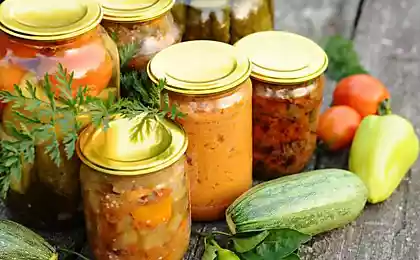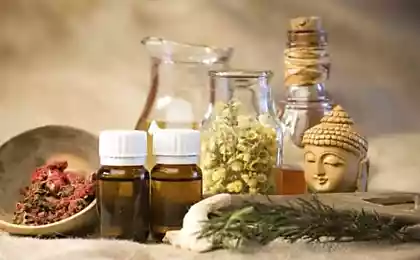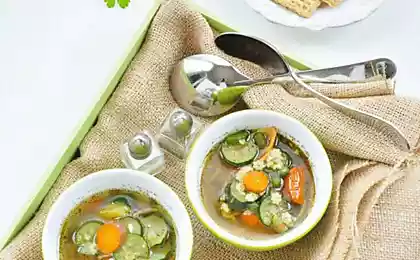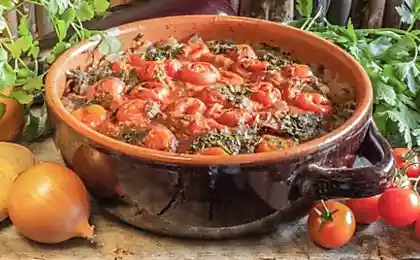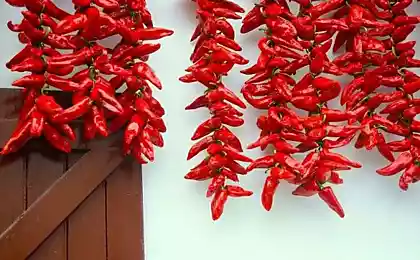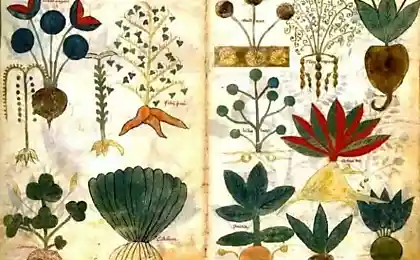1088
Pippali: a remedy for many ailments
Pippali is one of the traditional Indian plants that are used at the same time as cooking delicious spicy dishes and for medicinal purposes. Even in ancient Ayurvedic texts it is written as a remedy for many ailments; it is used both alone and in composition of some dosage forms.
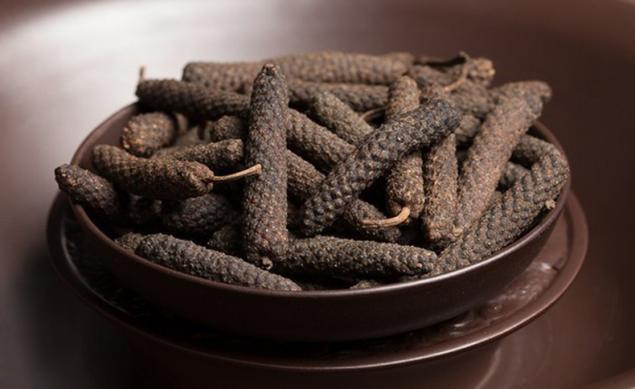
Pippali (or "piper longum linn" "long pepper") – the fruit of a climbing perennial plant, resembling the subtle bumps, with a characteristic sharp aroma and spicy taste.
Pippali grows in hot regions of India as well as in the Central Himalayas. Pepper is harvested in January, at a time when the fruits are still immature condition and have the green, because at this stage they exhibit the most acute taste and special medicinal properties. The collected fruits are dried in the sun until they become gray or blackish color. In selling pippali most often found in solid form (so it is longer retains its valuable properties).
In Ayurveda pippali prescribed mixed action. For the first time it is mentioned in the Charaka Samhita among the so-called "rasayanas". But mostly he is described as a tool in the treatment of respiratory diseases and gastrointestinal disorders.
Currently pippali widely used Indian traditional doctors in the treatment and prevention of colds, catarrh, coughs, laryngitis, bronchitis, asthma, and many problems of the digestive and circulatory systems, in States of immunodeficiency.
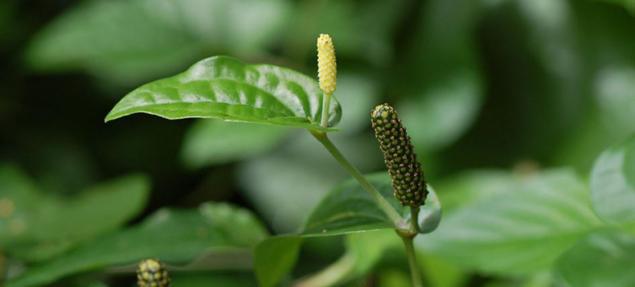
Modern scientific studies have proven the validity pippali, which enhances the protective properties of the liver and enhances the immune system. Pippali exhibits anti-inflammatory, decongestant, antispasmodic, expectorant, anti-allergic, anthelmintic, tonic properties, stimulates the digestive glands.
The use of Ayurvedic drugs:
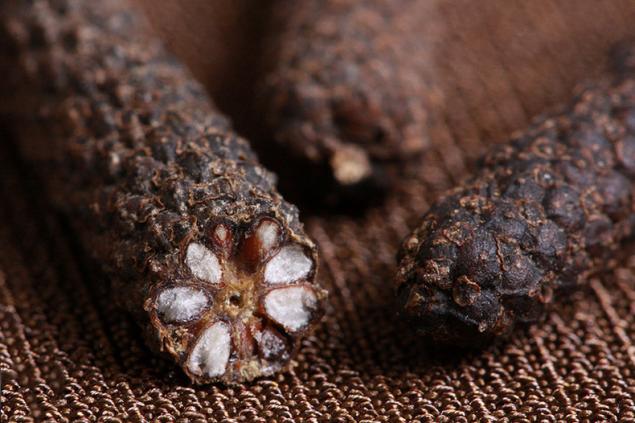
Pepper pippali you can cook soups, stews, gravies. It is necessary to break off a small piece (0.5-1 cm) of whole pepper and grind it in a mortar, then fry the resulting powder in oil with the other (your favorite) spices, eg: turmeric, coriander, cumin, ginger. Then in the resulting fried add the vegetables and other products; to bring to readiness.
Pepper pippali, added in small quantities, will give a nice hint of smoked meat and a slight sharpness to the dish. But added in excessive amounts, it can kill the odors of other ingredients, so be careful in proportions.
It should be borne in mind that according to Ayurvedic texts, pippali is spicy, but sweet effect after digestion, heavy, slightly oily; hot and moisturizing.
It has a very powerful action and instantly shows its effects. Regular use increases Pitta, because of the quality of heat.
Therefore it is not necessary to use long pepper separately on a regular basis or in excessive amounts.published
Author: Ekaterina Kuzminova
P. S. And remember, only by changing their consumption — together we change the world! © Join us at Facebook , Vkontakte, Odnoklassniki
Source: vedalight.ru/perec-pippali/

Pippali (or "piper longum linn" "long pepper") – the fruit of a climbing perennial plant, resembling the subtle bumps, with a characteristic sharp aroma and spicy taste.
Pippali grows in hot regions of India as well as in the Central Himalayas. Pepper is harvested in January, at a time when the fruits are still immature condition and have the green, because at this stage they exhibit the most acute taste and special medicinal properties. The collected fruits are dried in the sun until they become gray or blackish color. In selling pippali most often found in solid form (so it is longer retains its valuable properties).
In Ayurveda pippali prescribed mixed action. For the first time it is mentioned in the Charaka Samhita among the so-called "rasayanas". But mostly he is described as a tool in the treatment of respiratory diseases and gastrointestinal disorders.
Currently pippali widely used Indian traditional doctors in the treatment and prevention of colds, catarrh, coughs, laryngitis, bronchitis, asthma, and many problems of the digestive and circulatory systems, in States of immunodeficiency.

Modern scientific studies have proven the validity pippali, which enhances the protective properties of the liver and enhances the immune system. Pippali exhibits anti-inflammatory, decongestant, antispasmodic, expectorant, anti-allergic, anthelmintic, tonic properties, stimulates the digestive glands.
The use of Ayurvedic drugs:
- The most famous form of the drug, which is used pippali is Trikatu ("pepper"), which also includes ginger and black pepper. This mixture relieves swelling, treats colds and stagnation of food in the stomach.
- Pippali is part Sitopaladi – medicinal powder which is successfully used for colds, bronchitis.
- He also is part of Aviatika – Ayurvedic remedies used with poor digestion.
- Colds are advised to take the powder milled pippali. Adult dosage is 1 to 3 grams (for children – 125-250 mg) 2-3 times daily mixed with honey or warm water. When dry cough recommended to replace the honey with the powder of licorice, and then drink warm water.
- In cooking, also used powder pippali. In India it is often added to the spice blend for Pickles (spicy vegetable snacks designed to enhance the digestion process). Therefore, this pepper it is recommended to slowly add in food for digestive problems: flatulence, bloating, feeling of heaviness.

Pepper pippali you can cook soups, stews, gravies. It is necessary to break off a small piece (0.5-1 cm) of whole pepper and grind it in a mortar, then fry the resulting powder in oil with the other (your favorite) spices, eg: turmeric, coriander, cumin, ginger. Then in the resulting fried add the vegetables and other products; to bring to readiness.
Pepper pippali, added in small quantities, will give a nice hint of smoked meat and a slight sharpness to the dish. But added in excessive amounts, it can kill the odors of other ingredients, so be careful in proportions.
It should be borne in mind that according to Ayurvedic texts, pippali is spicy, but sweet effect after digestion, heavy, slightly oily; hot and moisturizing.
It has a very powerful action and instantly shows its effects. Regular use increases Pitta, because of the quality of heat.
Therefore it is not necessary to use long pepper separately on a regular basis or in excessive amounts.published
Author: Ekaterina Kuzminova
P. S. And remember, only by changing their consumption — together we change the world! © Join us at Facebook , Vkontakte, Odnoklassniki
Source: vedalight.ru/perec-pippali/
Tobias van Schneider: I for a year to give up alcohol and coffee and this is what came of it
Looks like the man in the echolocation signals of dolphins







